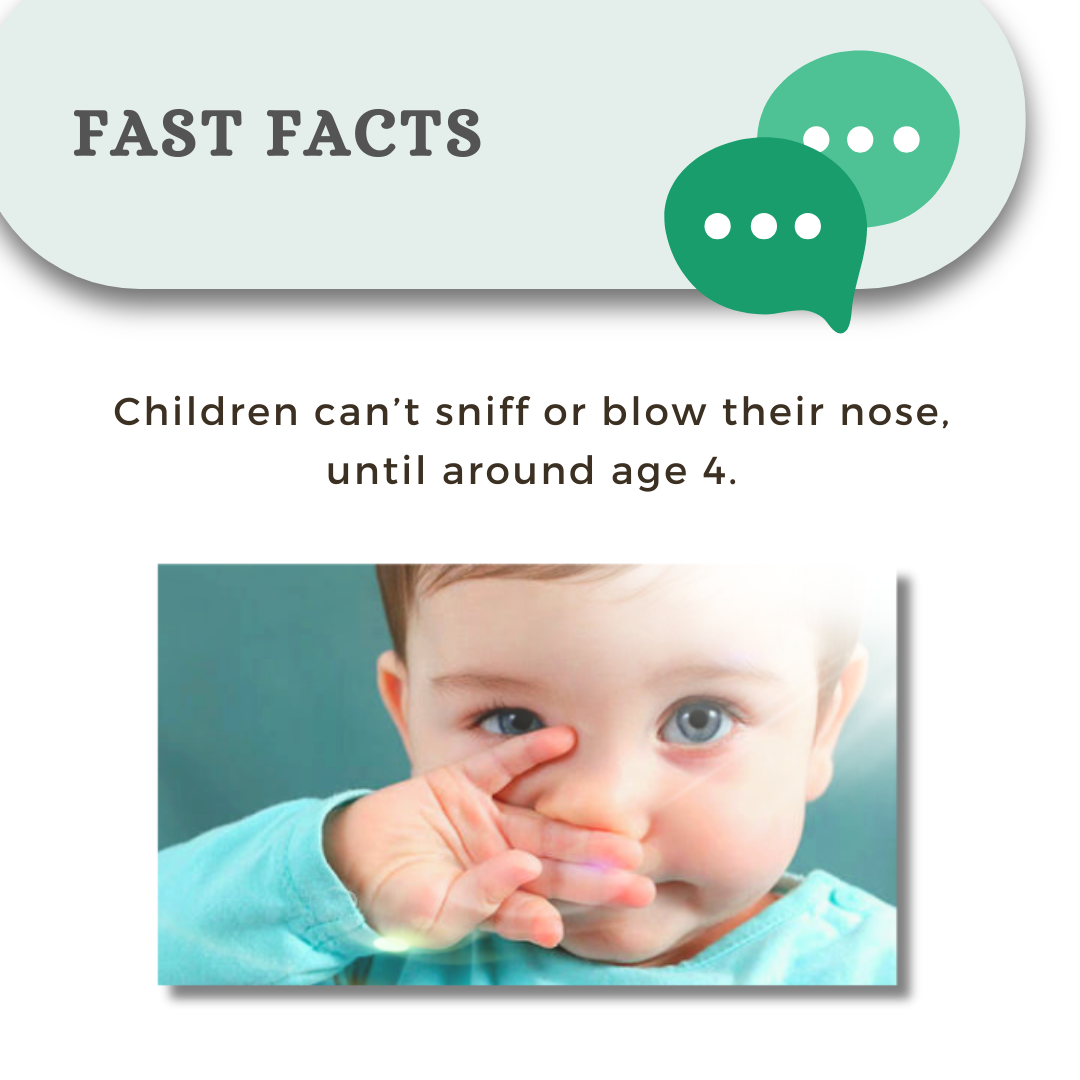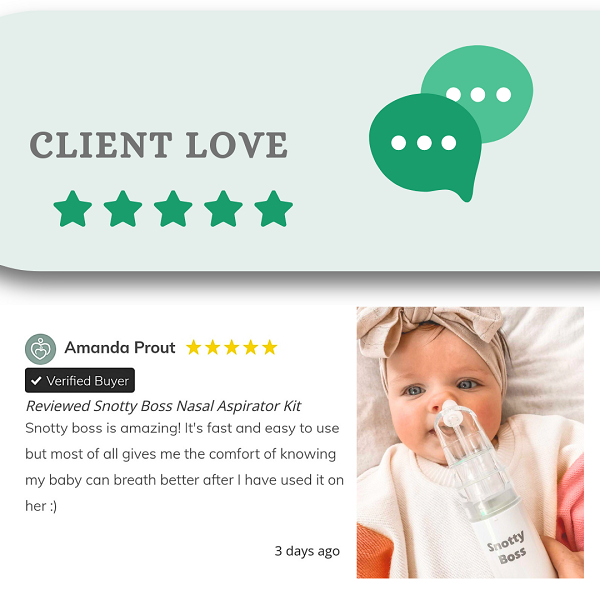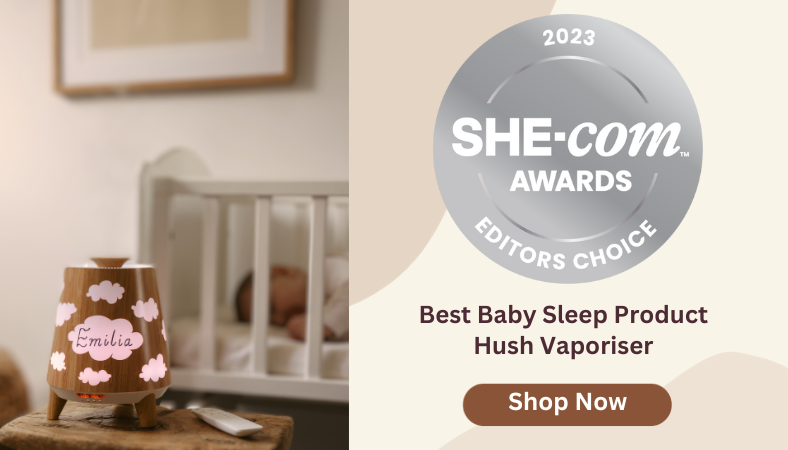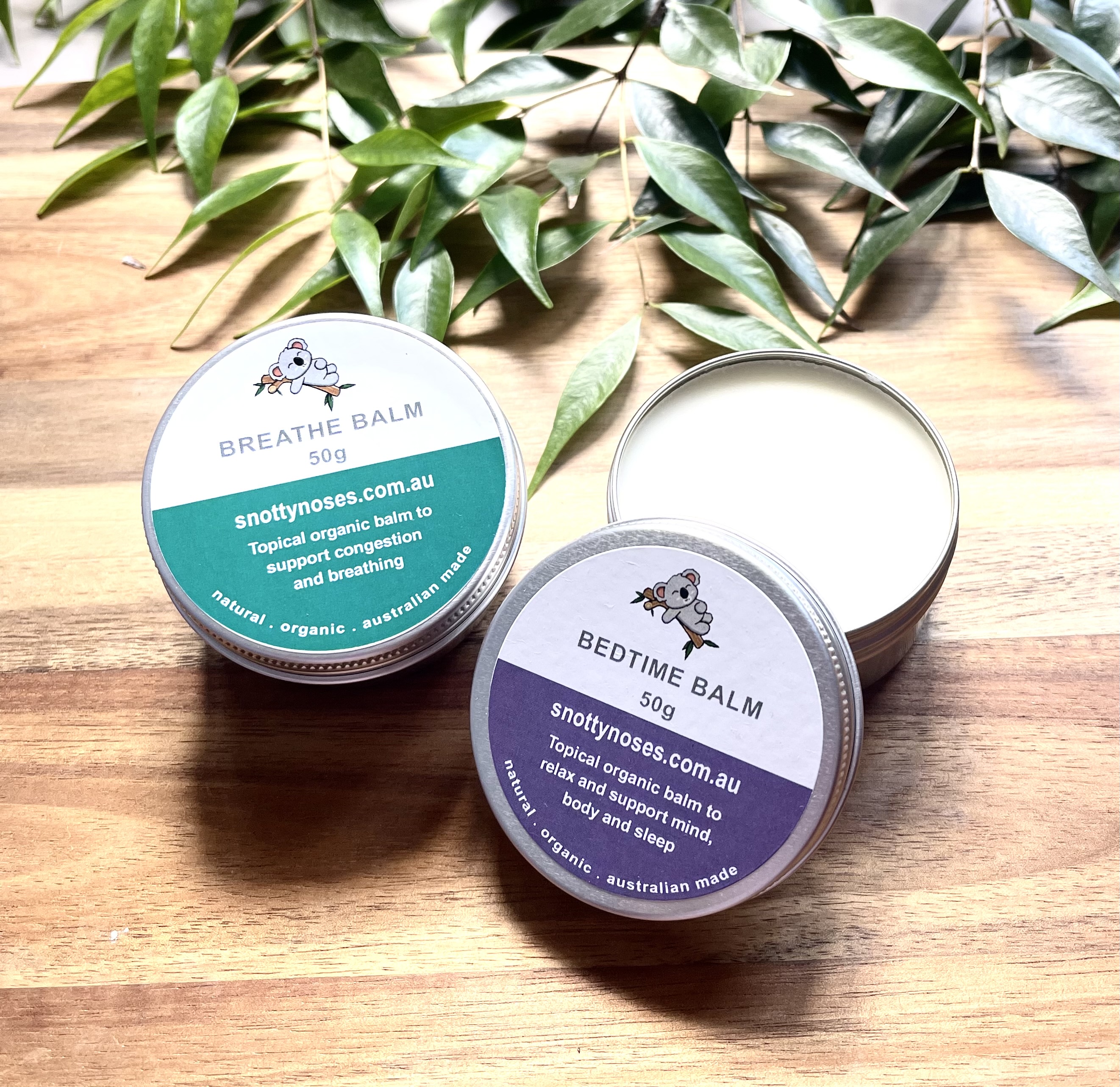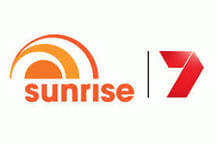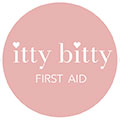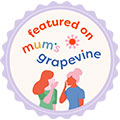9 Snot-Free Hacks to Manage Colds
Posted by Laura Klein on 28th Sep 2022
When children catch a cold or virus, it's normal for parents to feel concerned.
As the creators of Australia's favourite nasal aspirator - Snotty Boss - we constantly receive messages from stressed parents seeking safe and natural solutions to help their sick baby.
The Facts on Colds
Babies and young children can get 2-12 head colds each year (probably more if they attend daycare). Why does this happen?
Immature Immune System: When babies are born, their immune systems are not yet fully developed. This means that they are less equipped to fend off the germs that they encounter daily. In the womb, babies are protected from most external infections Once born, they are exposed to a new environment filled with bacteria, viruses, and other microbes.
Limited Prior Exposure: Babies haven’t been exposed to many germs before birth, which means they haven’t had the opportunity to build up a memory of immune responses to various pathogens. Adults, on the other hand, have been exposed to many viruses and bacteria over their lifetime, and their immune systems have "learned" how to combat many of these invaders. Each time babies are exposed to a new germ, their immune system must learn how to respond effectively.
Loss of Maternal Antibodies: While in the womb, babies receive antibodies from their mothers through the placenta. These antibodies provide some protection against illnesses for the first few months of life. However, this passive immunity gradually decreases after birth, leaving the infant more vulnerable until their own immune system can produce adequate antibodies.
Close Contact: Babies are often in close contact with family members and daycare buddies, making the transmission of germs easier. Even if your baby doesn't attend daycare, it's common for an older sibling to bring home the germs. It's almost unavoidable.
Exploration Phase As they grow, babies are naturally curious and love to explore their surroundings. This often involves putting objects – and their hands – in their mouths. While this behavior helps them learn about the world around them, it also means they’re frequently introducing new germs into their systems.
Symptoms
Cold symptoms are generally mild but it will take a few days to allow the virus to be expelled from the body.
Symptoms may include
- Fever
- Runny nose
- Cough
- Sore throat
- Fatigue
- Headache
- Irritability
- Loss of appetite and thirst
- Breathing difficulties
- Vomiting, diarrhoea
Recovery from viral symptoms may take 2-7 days. Parents should always seek medical advice if symptoms persist.
9 Snot-Free Hacks for Faster Recovery
1. Stay Home
Keep your child and all other family members home to lower the risk that you’ll pass on the virus to someone else.
2. Hydrate
Offer water or breastmilk or formula at regular intervals. If age appropriate, add a Hydralite powder to water.
It's more important for children to be drinking (at least 50% of their normal intake), rather than eating meals, so don't be too concerned if their appetite is minimal.
3. Pain Medicine
Administer Panadol or Nurofen as per age guidelines, to relieve fever and body aches.
4. Treat A Cough
If over the age of 1, offer a teaspoon of honey to soothe their throat. Warm lemon water can also help.
5. Treat a Runny Nose
Children under 4 can't sniff or blow their own nose, so a motorised nasal aspirator (like Snotty Boss) can clear the nostril in 10 seconds, helping your child to breathe, feed and sleep better. A clear nose also helps your child feel more comfortable.
By removing snot at the source, the infection is less likely to fester and cause a secondary ear or respiratory infection.
Snotty Boss can be used multiple times a day, as needed. The Snotty Boss kit comes with 4 nozzles, to deal with every age and every type of snot (from thick to runny, chunky to thin). It's easy to clean and fits easily into a nappy bag.
6. Keep the Air Moist with a Humidifier
Placing a cool-mist humidifier/vaporiser in your child’s room is an excellent way to help clear congestion and assist breathing.
Humans breathe easier when the air is humidified, rather than dry.
The words humidifier and vaporiser essentially mean the same thing, meaning they are a machine that turns water into vapour. We recommend the cool mist (like HUSH) rather than the hot steam brands (like Vicks or Euky Bear).
If your child is over 3 months, you can add a few drops of essential oil to the water compartment. Please only use 100% pure essential oil - this is natural plant extract, which can have healing properties. We recommend Baby Breathe Essential Oil with Lemon Grass, Tea Tree and Lemon
Do not use "fragrant oil" or "oil essence" as they are synthetic mixes of chemicals designed to smell like a plant, but contains little or no plant extract.
Top Tip: The removable cloud cover can be personalised with your child's name
7. Lots of Warm Showers
Although a steam vaporiser is not recommended in bedrooms for hours and hours (the condensation can make the room stuffy and the walls wet!), a short burst of steam in the shower is a great tip for congestion relief.
A steamy shower in the morning will clean and freshen the nose for the day, and make your child feel more comfortable. A steamy shower at night, can relieve nasal and respiratory congestion. It can also relax your child and assist a comfortable night's sleep.
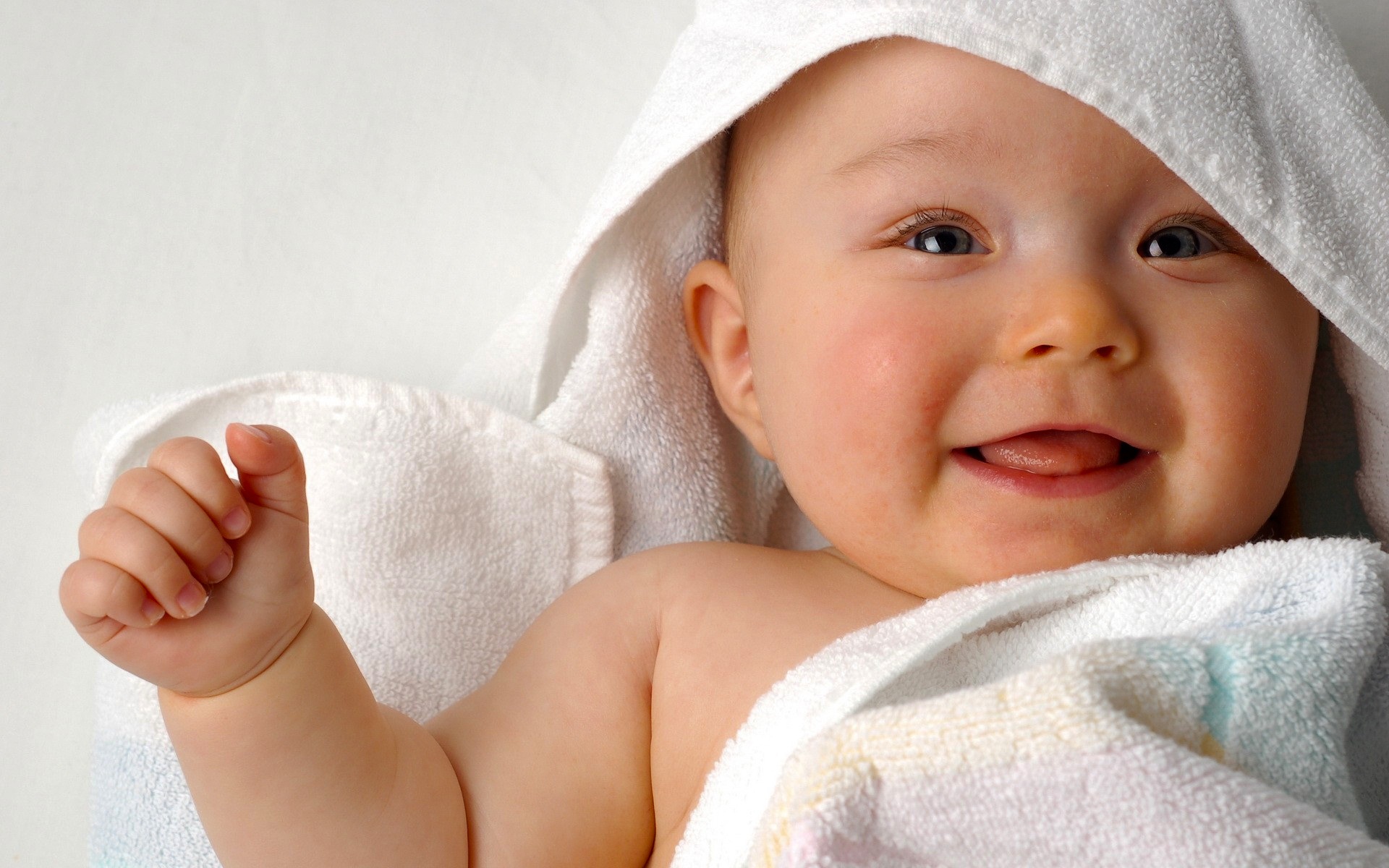
8. Breathe Balm
An organic topical balm made with Eucalyptus, Lemongrass and Tea Tree releases the natural healing power to support congestion and breathing. Breathe Balm on the wrist, chest and soles of feet is recommended morning and night for children over 6 months of age.
9. Encourage Rest
Lots of naps and rest are essential during the recovery period. A walk in the pram in the sunshine and fresh air can be a good way to start and finish the day (just make sure your child is warm enough, especially chest and feet).
Once They Recover from the Virus
- Wash Bed Linen and Pillow Cases
- Replace Toothbrushes
- Sterilise Water Bottles
Seeing a Doctor and Emergency Advice
Most children that contract a virus can be safely managed at home. Remember a tiny percentage of children require a trip to hospital or admission.
- Contact your GP& if there is worsening of symptoms or if you are concerned.
- You can contact Healthdirect on 1800 022 222 for more information..
- If your child is very unwell, you can call an ambulance or take them to hospital at any time.
References
Related Articles You May Be Interested In:
- Omicron and Babies - Relieving a Runny Nose Safely and Effectively
- Help, My Congested Baby Can't Feed
Disclaimer: We are not doctors or healthcare professionals. Information given is general only and products are offered with general use guidelines provided by the manufacturer. Should any sensitivity to our products occur, please discontinue use. Our products are not intended to diagnose, treat, and/or take the place of medical treatment prescribed by a doctor or medical professional.



